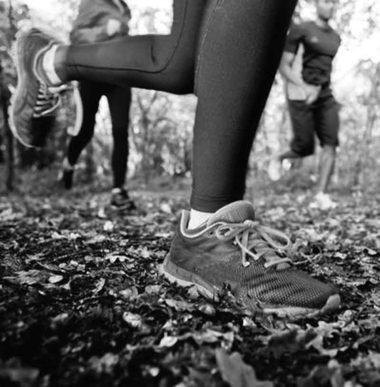Understanding seasonal fitness variations

by Christopher B. Robrahn
Fitness Columnist
How many people out there notice that the days are getting shorter? The sun rises later in the morning and, in the evening, the sun sets much earlier. It may become frustrating to many as you drive to work in the dark or you may not have as much time in the evening to complete outdoor activities as you did before.
Maybe the time change effect on you isn’t just outdoors. Many of us who exercise after work head to the gym and when we come out darkness has set in. Don’t be surprised if your body is noting the changes as well. It could all be a part of what I call seasonal fitness variations.
As for me, I’m a classic summer person. I like the warm temperatures and I find I can get far more done in the summer than during the winter. As the fall progresses and the days become increasingly short, mind and body reacts to these changes. During these times, I tend to drag more when I get up in the morning and at night, especially when the weather gets colder. I prefer to be at home.
I can say my activities in the summer at 8 p.m. are very different than during the winter. If you are one that suffers from light deprivation and seasonal disorders, you already know what I’m talking about!
What I really want to focus on is your fitness success throughout the year. For many people, changes in light, temperature and activities can disrupt an otherwise very successful exercise regimen. Each person is unique.
Maybe you don’t feel any different in November than you do in July, but for many people, energy, attitude, focus and desire to participate may be affected. For those people, a wise change up may be in order.
That doesn’t’ mean “make it easier”. It means altering your fitness routine so it meets the requirements for the season. After all, the most important things are enjoying your fitness workout, a sense of accomplishment and continued good health.
If you articulated a great fitness workout in August and you are frustrated that you are having some challenges now achieving what you may have a month ago, think about seasonal changes and how you are typically affected. Get input from your personal trainer or even your doctor.
Your fitness goals should reflect this sort of review and even if you do have these seasonal challenges, employing a strategy may only strengthen your focus and may lead to greater fitness success in the long term.
So, what about fitness during the holidays? That topic next month!
Copyright The Gayly – October 21, 2017 @ 10:30 a.m. CDT.





